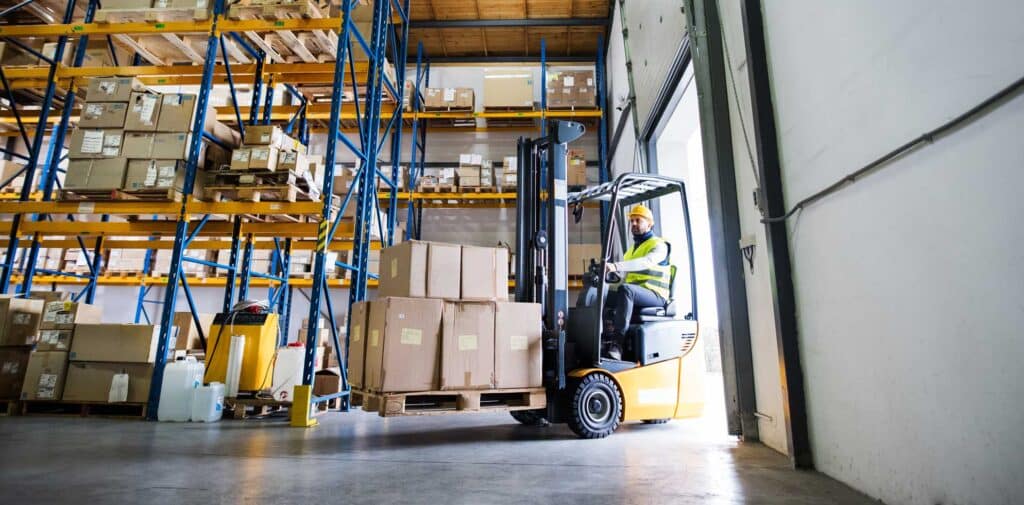The road to economic recovery is being slowed by a lack of shipping containers. As reported by CNBC, spot freight rates have soared up to 300% in certain areas compared to last year’s rates. These rising prices combined with labor and staffing shortages spell disaster for our recovery process. The effects of these shortages have been felt across the globe, changing the fundamental operations of all businesses big or small.
How did the storage shortage happen?
In some areas, Covid-19 put a halt on international trade. Countries closed their ports and borders; workers were told not to come into work. As a result, many containers can be found sitting in storage in depots and ports. These large backlogs prevent containers from being sent back to main exporters like China and in some cases result in delays of up to 3 weeks. India’s Federation of Export Organizations (FIEO) published the following statement.
“The waiting time to get a container has now increased to 10-20 days, while instant availability attracts over 100% premiums.”
Companies like Hapag-Lloyd are now exploring options like using old containers that need repairs or have been entirely decommissioned to continue to move cargo. Nils Haupt, senior director of corporate communication, stressed that with the shipping market being this volatile, “we need a closer cooperation between customers, shipping lines and port terminals so we can be better prepared for situations like this in the future.”
Additionally, these backlogged containers take up space in ports. Forcing ships to drop their cargo off in different locations than planned, this in turn can increase the distribution time of goods by up to two weeks.
Delays in shipping are responsible for worldwide price increases on everyday items, from gas to groceries and everything in between. Without clear and concise shipping schedules packages are also more likely to be lost in transit as ships drop their cargo off at different ports. For the consumer, this effect is felt in shortages of in-store stock, increased delivery time, and ever-fluctuating prices.
What does the future hold?
Representatives of Maersk, the largest container shipping line and vessel operator recognized around the globe seem optimistic that the situation will improve as the year progresses. Evidence of this has also been seen by a select few in the industry. As buying patterns resume, container availability increases, in turn, backlogged ports will benefit from much-needed relief, and with that comes a reduction in congestion in the already over-worked ports.
The future is uncertain…
But there is no need to worry, Exegistics specializes in warehouse and shipping management, helping you find your Aha! Moment.
Contact Exegistics to learn more or to see how we can customize a solution that meets your 3PL needs.













